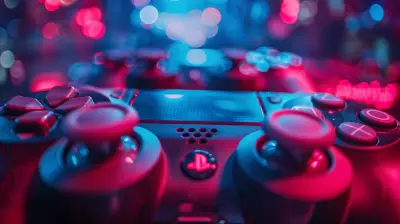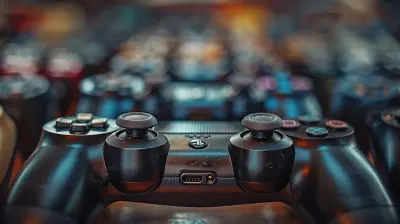Competitive Gaming: What It Means to Be an Esports Coach
14 September 2025
The world of esports has exploded in recent years. What was once the domain of hobbyists gathering in dimly lit internet cafes has transformed into a multi-billion-dollar industry. Massive live-streamed tournaments, jaw-dropping prize pools, and global superstar players are no longer just dreams—they’re the reality of competitive gaming today. But amidst all the flashy graphics, perfectly executed plays, and roaring fan bases is a less glamorous yet equally vital role: the esports coach.
If you’ve ever wondered what it’s like to be the person pulling the strings behind the scenes, guiding teams to victory, and keeping players motivated despite grueling schedules, then stick with me. Let’s dive into the mysterious, high-pressure, and often misunderstood world of esports coaching.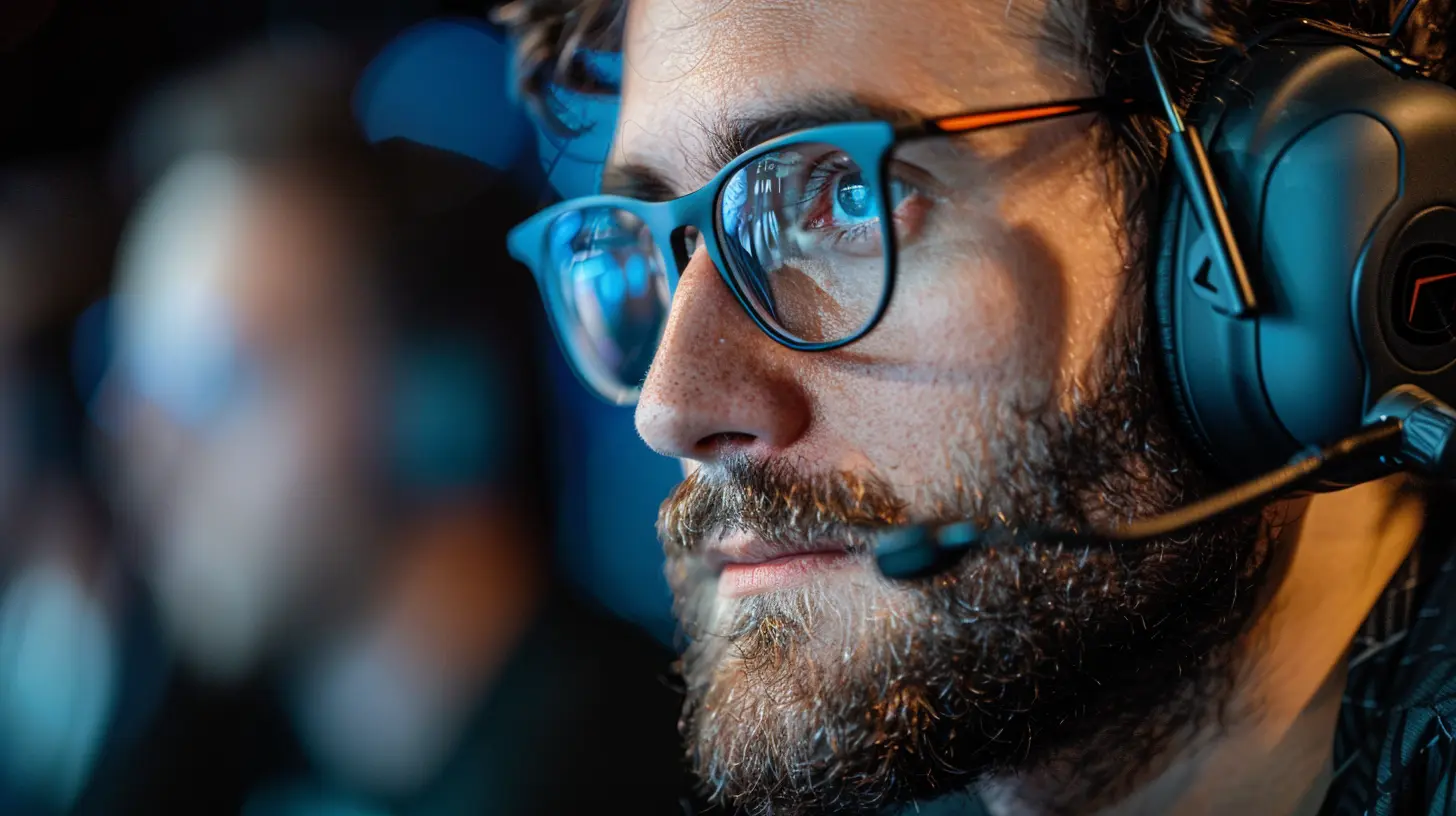
The Rise of Esports Coaching: Not Just a Cheerleader
When you think of a traditional sports coach, you might picture someone barking orders on the sidelines or giving pep talks in locker rooms. Esports coaching, while it has overlapping qualities, is a whole different beast.In competitive gaming, esports coaches are the quiet tacticians shaping a team’s success. They’re not just there to clap and cheer when a player lands a headshot or pulls off a five-man wipe. They’re analysts, strategists, mentors, and sometimes even therapists. Their role goes far beyond what meets the eye.
So, what does it mean to be an esports coach? Imagine juggling a dozen spinning plates while walking a tightrope—that’s basically it. You’ve got to manage egos, fine-tune strategies, analyze opponents, and keep the team laser-focused. And here’s the kicker: you rarely get the glory. When the team wins, the players are hailed as heroes. When they lose? Let’s just say the coach is usually the first to feel the heat.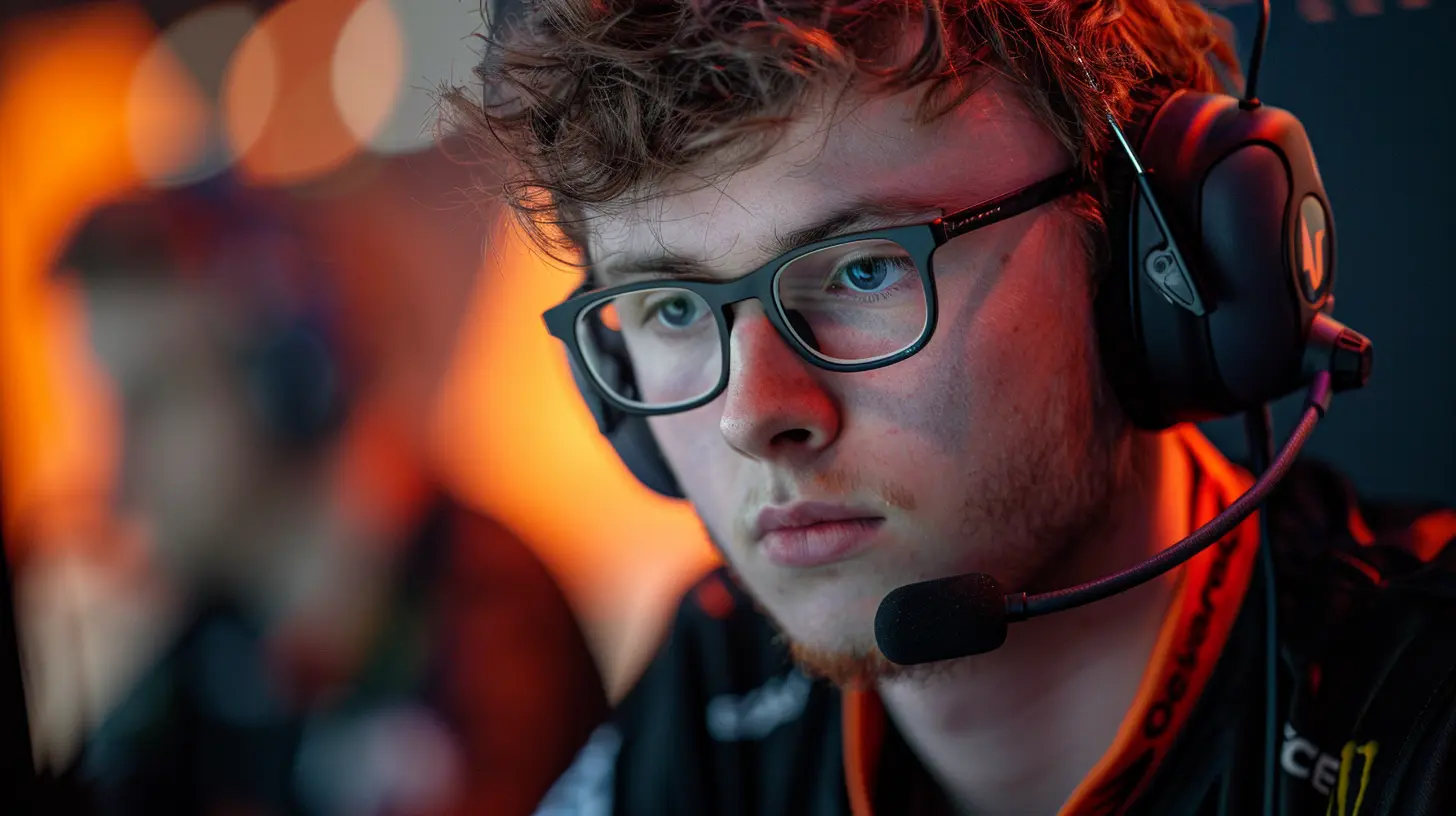
The Key Responsibilities of an Esports Coach
1. Strategic Mastermind
The core role of any esports coach is to build strategies and tactics tailored to the game being played. Whether it’s drafting champions in League of Legends, coordinating rotations in Dota 2, or setting up tactics in CS:GO, every game is different—and every team needs a rock-solid plan.An esports coach studies gameplay footage (a LOT of it), analyzes team compositions, and identifies strengths and weaknesses, both in their own squad and the opposition. Think of them like chess grandmasters, except the pieces are human, and the stakes are through the roof.
2. Player Development
A player’s skill isn’t just about reflexes or aiming. It’s about decision-making, communication, and mental resilience. Coaches work tirelessly to help players hone these skills. They point out mistakes, offer constructive criticism, and sometimes dish out some tough love. It’s not always easy—especially when dealing with young players who are suddenly thrust into fame and fortune.Coaching isn’t just about fixing what’s broken, though. Coaches also nurture raw talent and unlock potential. Much like planting seeds and patiently waiting for them to grow, they help transform rookies into pros.
3. Mental Health Support
Here’s the thing nobody tells you: esports is emotionally taxing. Players often face immense pressure, grueling schedules, and a constant stream of criticism from fans or social media. It’s not uncommon for burnout or anxiety to creep in.A good coach knows how to spot the signs of strain and address them. Sometimes, they’re a shoulder to lean on. Other times, they’re the voice of reason urging players to take a break or seek professional help. In the chaotic world of esports, that kind of support can be priceless.
4. Team Chemistry
Esports is rarely a solo endeavor. Success hinges on coordinated teamwork, and that’s where the coach works their magic. If players aren’t clicking, it’s the coach’s job to fix it. They mediate disputes, resolve conflicts, and foster an environment where everyone can thrive.The best teams don’t just play together—they think and breathe as one. And while players may execute the strategies in-game, it’s the coach who builds the trust and synergy happening behind the scenes.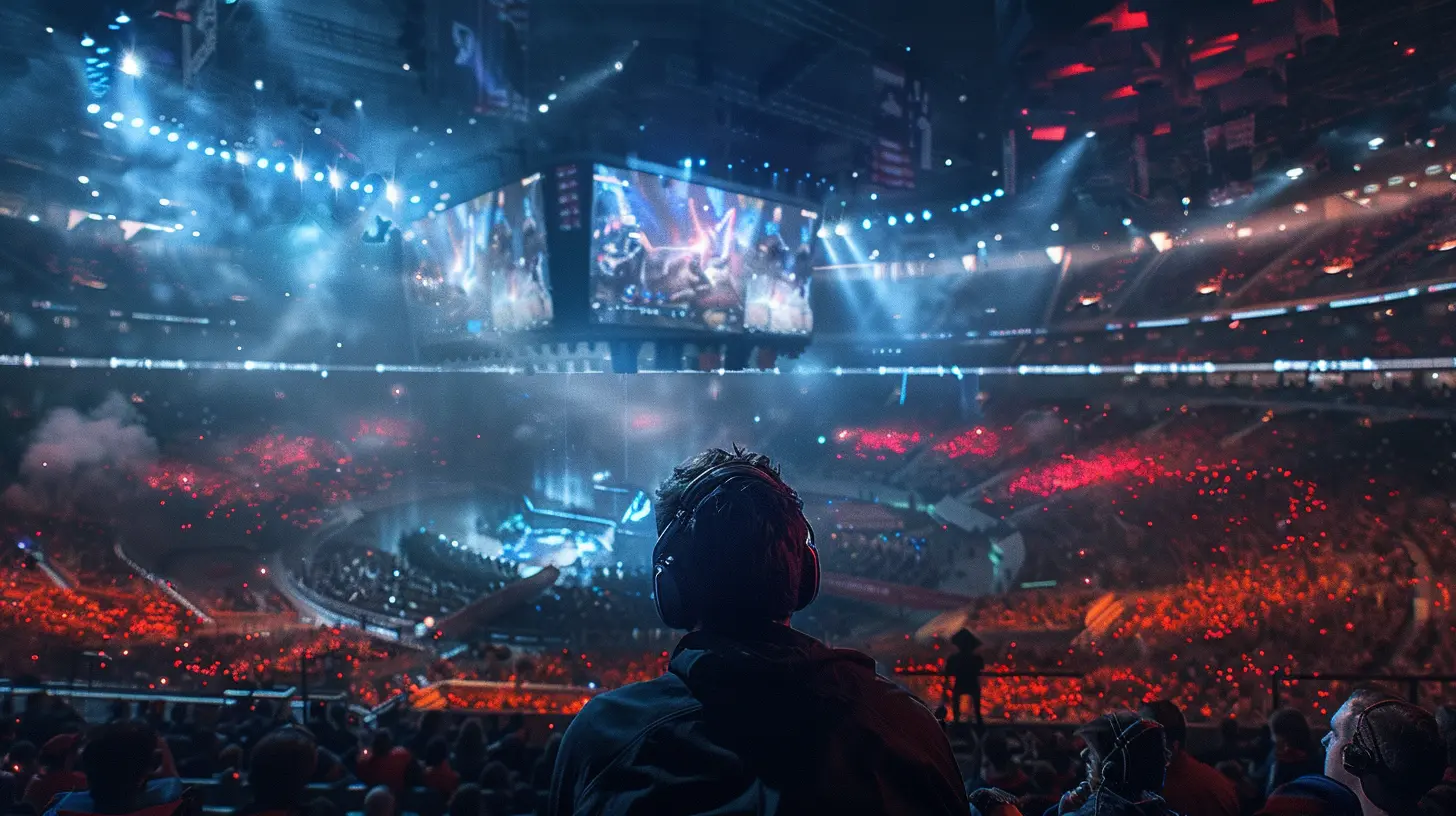
The Challenges of Being an Esports Coach
Let’s not sugarcoat it: esports coaching is tough. It’s not all fun and games (pun intended). Coaches face unique challenges that are leagues apart from traditional sports coaching.1. The Ever-Changing Meta
Video games aren’t static. Developers frequently release patches, nerf characters, tweak mechanics, or introduce game-changing updates. This means that what works today might be completely useless tomorrow.Coaches need to stay ahead of the curve. They’re constantly studying the meta (the prevailing optimal strategies), experimenting with new tactics, and adjusting their approach. It’s like solving a Rubik’s Cube that scrambles itself every few weeks.
2. Short Shelf Life of Teams
In esports, roster changes are as common as lag spikes during a bad internet connection. Teams swap players on a whim, leaving coaches to rebuild bonds and develop chemistry from scratch. This lack of stability can be frustrating—and sometimes thankless.3. The Pressure to Perform
Results are everything in esports. Fans, organizations, and sponsors demand victories. Coaches operate under constant scrutiny, knowing that one bad season could mean the end of their career. It’s a high-stakes job where even the slightest mistake gets magnified.4. Limited Recognition
Let’s be real—how many esports coaches can you name? Probably none, right? Players hog the spotlight, leaving coaches to toil in relative obscurity. While traditional sports coaches like Phil Jackson or Pep Guardiola are celebrated, esports coaches rarely get the credit they deserve.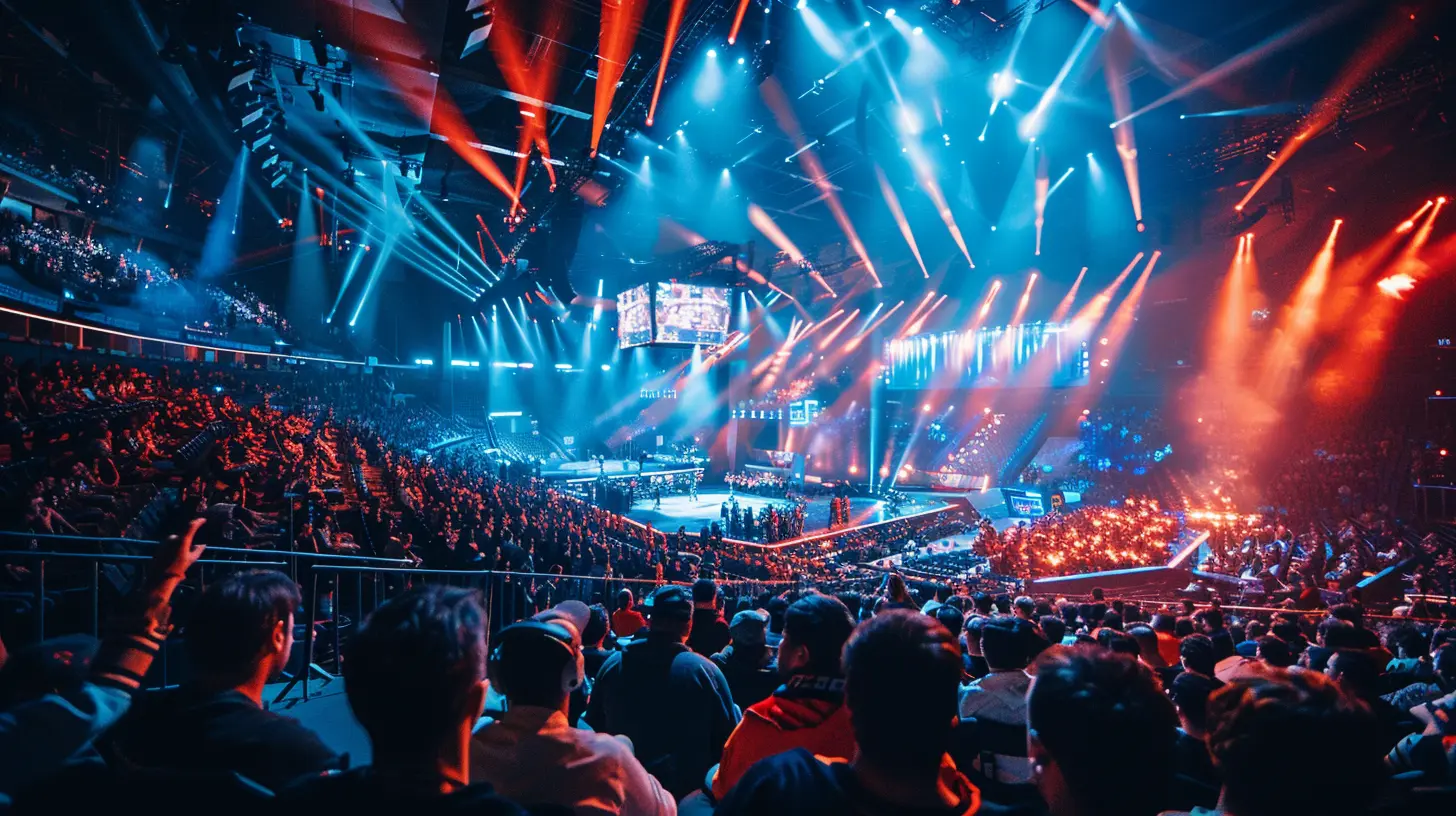
Qualities That Make a Great Esports Coach
Not everyone is cut out for the demanding role of an esports coach. It takes a rare blend of skills and qualities to succeed. Here are some key traits that separate the good coaches from the truly legendary ones:- Game Knowledge: A coach needs to know the game inside out. If they can’t keep up with the intricacies of the meta or the evolving strategies, they’ll get left behind.
- Analytical Mindset: Breaking down gameplay footage, spotting mistakes, and developing counter-strategies require razor-sharp analytical skills. It’s like being a detective piecing together a puzzle.
- Strong Communication: Coaching isn’t just about knowing the game—it’s about conveying that knowledge effectively. A good coach knows how to inspire, motivate, and get their message across without alienating the team.
- Adaptability: The esports scene moves at lightning speed. Coaches must be flexible and ready to pivot at a moment’s notice.
- Emotional Intelligence: Managing players isn’t just about telling them what to do. It’s about understanding their emotions, building trust, and fostering a positive environment.
Why Esports Coaching Matters
Let me leave you with this: esports wouldn’t be where it is today without coaches. They’re the unsung heroes, the glue that holds teams together. Behind every victory, every clutch play, and every championship trophy is a coach who sacrificed sleep, sanity, and social life to make it happen.Sure, they might not get the glory, but that’s not why they do it. They’re in it for the love of the game—for the thrill of outsmarting opponents, for the satisfaction of seeing their players succeed, and for the undying belief that they can make a difference.
So next time you’re watching an esports match, spare a thought for the person sitting at the back, watching the screen intently, knowing that their hard work is unfolding in front of your eyes. That’s what it means to be an esports coach.
all images in this post were generated using AI tools
Category:
Gaming EventsAuthor:

Leif Coleman
Discussion
rate this article
1 comments
Nicholas Hines
Esports coaching: where yelling at screens is a legitimate career and snacks are mandatory!
September 28, 2025 at 3:53 AM

Leif Coleman
Absolutely! Esports coaching combines strategic insight with team dynamics, and yes, snacks fuel the intensity of competition!
